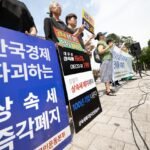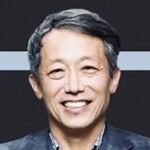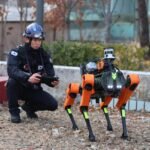
The United States has abruptly postponed high-level trade talks with South Korea, raising concerns in Seoul that it is slipping down Washington’s priority list in a global round of tariff negotiations that could leave Korean exporters vulnerable to steep US duties.
The so-called 2+2 trade talks, slated to be held on Friday in Washington, D.C., were unilaterally canceled by the US just hours before Korea’s chief negotiators were due to fly out.
Deputy Prime Minister and Finance Minister Koo Yoon-cheol, who was already at Incheon International Airport, dropped his travel plans following a last-minute email from US officials who cited an “urgent scheduling conflict” for Treasury Secretary Scott Bessent, according to Seoul officials on Thursday.
Seoul officials said a new round of talks will be rescheduled soon.

Earlier this week, Wi Sung-lac, Korea’s national security advisor, flew to Washington to meet with US Secretary of State Mark Rubio. Their meeting didn’t take place.
The sudden move follows a flurry of US trade negotiations with key partners.
On Tuesday, Tokyo clinched a landmark agreement with Washington to cap US reciprocal tariffs on Japanese imports at 15%, prompting concerns in Seoul that it could be left out in the cold.
China and the European Union are also close to securing similar deals, while Seoul has yet to even agree on a negotiation framework.
COLD SHOULDER
“The fact that Washington notified Seoul of the delay just an hour before Minister Koo’s departure appears to be a diplomatic message in itself,” said Kim Tae-hwang, professor of international trade at Myongji University in Seoul. “It’s a sign of pressure – a calculated show of leverage.”

The US move has raised doubts over whether a deal can be struck before Washington’s self-imposed Aug. 1 tariff deadline.
Treasury Secretary Bessent is scheduled to be in Stockholm for trade talks with China on July 28–29, and few expect a Korea-US meeting to be squeezed in beforehand.
Some Korean officials are already in the US, including Industry Minister Kim Jung-kwan and Trade Minister Yeo Han-koo, to meet with Commerce Secretary Howard Lutnick and US Trade Representative (USTR) Jamison Greer.
SIDELINED
Korea now finds itself increasingly isolated as the Trump administration accelerates deals with major trading partners.
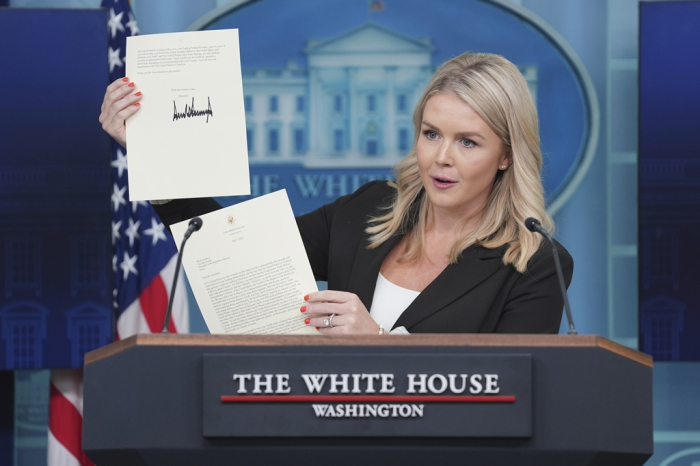
Japan’s swift accord this week, hailed by US President Donald Trump and Japanese Prime Minister Shigeru Ishiba as “the most significant trade deal yet,” has set a new benchmark that Korea may struggle to meet.
The EU is also nearing agreement with Washington to halve reciprocal tariffs from 30% to 15%, according to a Financial Times report.
Meanwhile, China is preparing for a third round of top-level negotiations with US officials in Sweden, fueling expectations of a deal as early as this month’s end.
Of particular concern, Seoul watchers say, is the possibility that Korean goods could be hit with both across-the-board reciprocal tariffs and product-specific duties – potentially up to 50% – if a deal is not struck in time. The automotive and steel sectors are seen as most at risk, analysts said.
SEOUL TO UP US INVESTMENT; WASHING UNSATISFIED NONETHELESS
In an attempt to revitalize tariff talks, Seoul is known to be considering a US investment package worth over $100 billion involving both private sector commitments and state-backed funds.
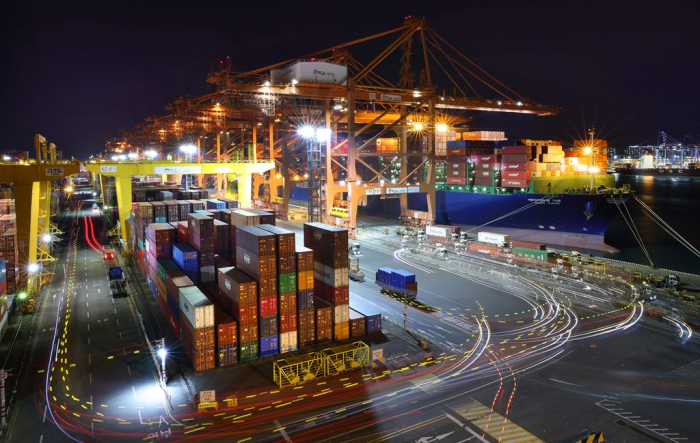
The US has raised the bar significantly higher, however.
According to a Bloomberg News report on Thursday, Commerce Secretary Howard Lutnick has demanded a $400 billion US-Korea investment fund, mirroring the $550 billion financial package offered by Japan, which combined public financing and institutional guarantees.
Seoul officials declined to confirm the report.
“The Japanese came in with a coordinated strategy, focusing on one point of contact, Lutnick, and tailoring the deal to suit US optics,” said an analyst based in Seoul. “They even got invited to his house the night before the final round.”
Korea’s offer so far falls well short of this benchmark, analysts said.

EXTRA EFFORTS BY GOVERNMENT AND CORPORATE EXECUTIVES
According to Seoul government sources on Thursday, Korea is drawing up a comprehensive $100 billion-plus “purchase package,” including imports of US LNG, oil and aircraft to help reduce its trade surplus with the US.
Conglomerates such as Samsung, Hyundai Motor, SK and LG are revisiting their existing investment plans, but remain cautious about large-scale new projects, sources said.
As part of a comprehensive trade agreement, Seoul may also consider concessions in its agro-livestock sector, a hot-button issue in Korea, which will face a backlash from the country’s farmers’ groups.
“Unlike Japan, Korea doesn’t have a reserve currency,” said Lee Hyo-seob, a researcher at the Korea Capital Market Institute. “We can’t raise funds as cheaply, and that limits how ambitious our investment pledges can be.”
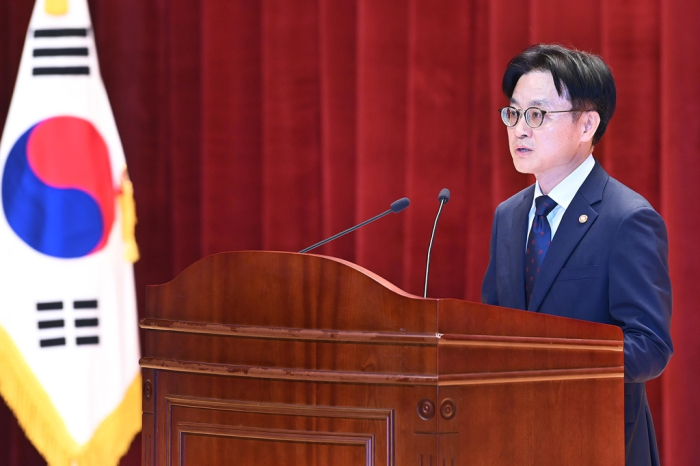
Analysts said that officials in Seoul now face a stark choice: find a way to reach a deal before the Aug. 1 deadline or at least secure a delay in implementation of the tariffs.
Secretary Bessent previously indicated that the US may defer tariffs for countries with “ongoing and constructive negotiations.”
Failing that, Korea risks becoming the only major trading partner to face the full brunt of Trump-era tariffs – a scenario policymakers are desperate to avoid, analysts said.
By Yeong-Hyo Jeong, Dae-Hun Kim and Ri-Ahn Kim
hugh@hankyung.com
In-Soo Nam edited this article.

